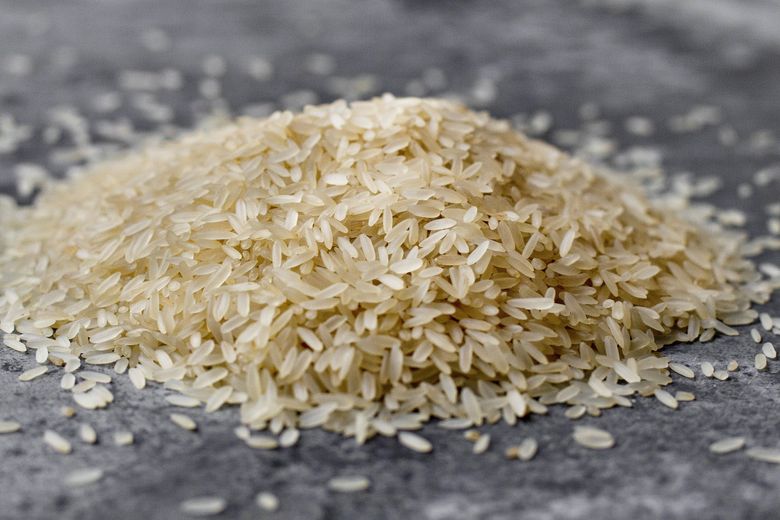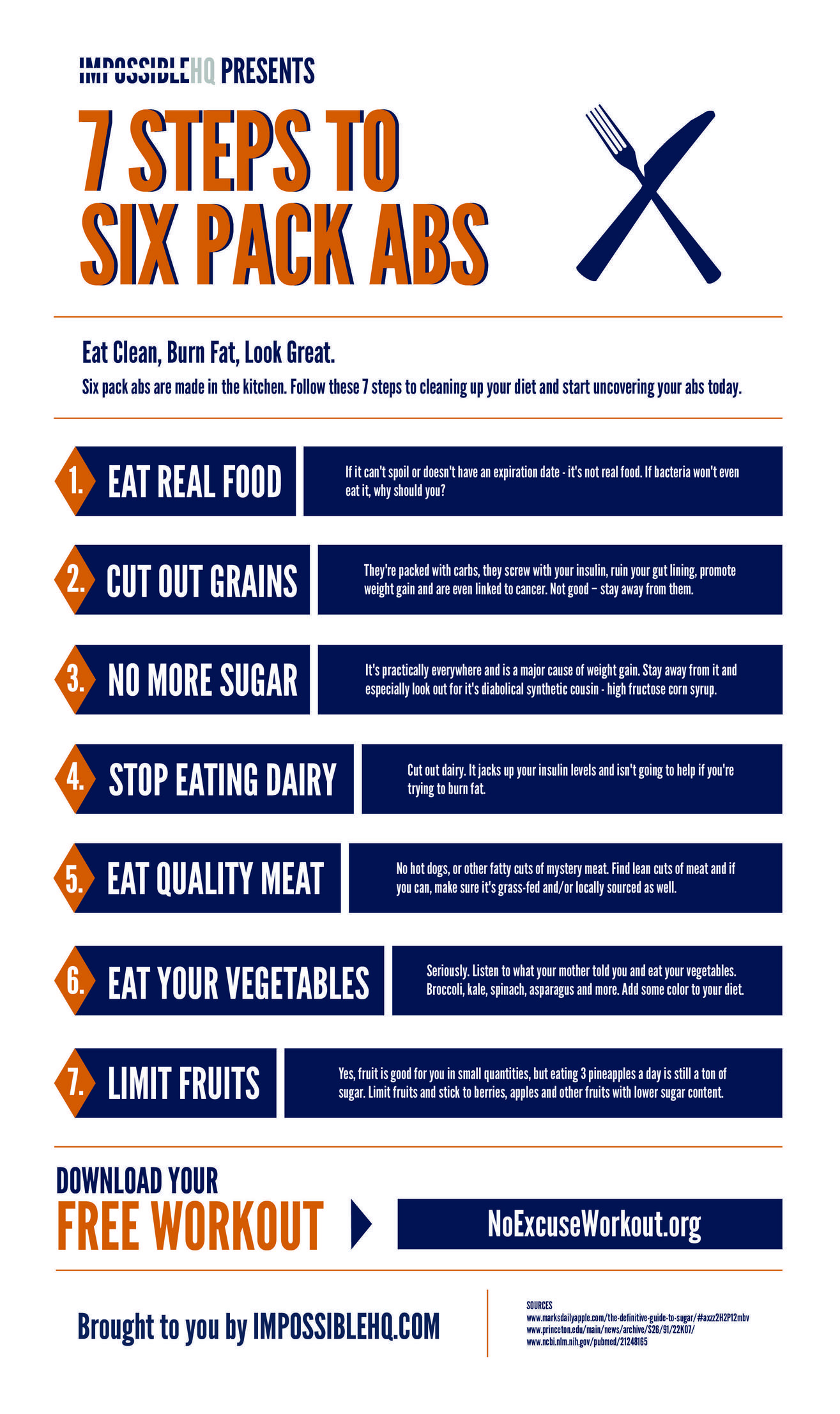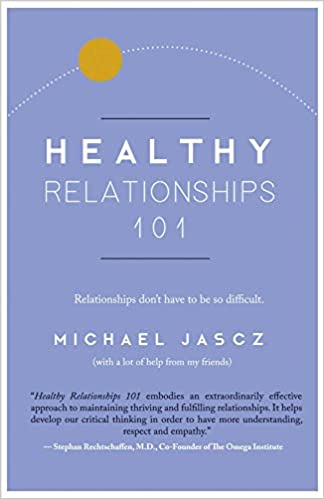
If you're wondering how to prevent high blood pressure, it's important to focus on your diet and exercise. Women are more susceptible to high blood pressure than men, and are more likely if they are born before 55. Eating too much sodium or potassium, and smoking are just a few of the lifestyle factors that raise your risk for developing high BP. If you can avoid these unhealthy habits, you will be much healthier over the long term.
When it comes to healthy eating, there are a few simple things you can do to improve your health and decrease your risk for hypertension. Reduce salt intake. Too much salt can cause high blood pressure. This is because it increases fluid volume in the arteries. Even though you don’t have to reduce salt in your diet, you can limit the amount of salt you consume and eliminate processed and fast food high in salt.

Another simple way to prevent high blood pressure is to lose weight. You should lose a few extra pounds if you are overweight. If you're just a little over normal weight, try not to gain any more. Nevertheless, losing 10 pounds can go a long way towards preventing hypertension. High blood pressure can be prevented by keeping your weight in a healthy range. Obesity or being overweight can lead to high blood pressure.
You can lower your blood pressure by eating a low-sodium diet. A diet high in fruits and vegetables is essential to keep your pressure under control. It is important to eat a balanced diet that contains little sugar, saturated fat, or other additives. Studies have shown that a low-sodium diet can reduce blood pressure. A low-salt diet should not be combined with alcohol consumption. Men should only consume one alcoholic beverage per year, while women should limit their alcohol intake to two drinks per night.
Although hypertension cannot be prevented, it can be prevented. It is advised to eat a low-sodium, healthy diet. Exercising regularly will help strengthen your heart and reduce the stress on your arteries. Additionally, losing weight will lower your blood pressure because it's important to keep a healthy weight. Cut back on salt if you're obese.

Although it's not difficult to develop high blood pressure, it's important to regularly monitor it. A high blood pressure reading should be taken seriously. Otherwise, you should visit your physician to be diagnosed with hypertension. According to the American Heart Association, high blood pressure is 120/80. A healthy-pressure reading is the best way to prevent hypertension. Regular checkups will help you identify the causes and treatment options for hypertension.
FAQ
Is it true to say that protein overeating can lead to kidney stones?
Protein helps maintain healthy bone and tissue. Too much protein can cause calcium to be excreted through the urine. This can lead kidney stones.
It is important that you note that not all people develop kidney stones when they consume more than 2 grams of protein per kg (2.2 pounds). You don't have to eat a lot of protein to get kidney stones.
By being careful with your sodium intake, you can prevent kidney stones. The kidneys regulate the amount of sodium they consume. Too much sodium can lead to kidney stones.
If you have kidney stone, you might also consider reducing your protein intake. Protein accounts for about half the daily caloric requirement of most adults. You'll lose weight if you reduce your intake of protein.
If you do decide to eat more protein, don't go overboard. Limit your intake to 20% of your total daily protein intake.
Do I need to exercise every morning?
No! You should do at least 30 mins of moderate-intensity activity 5 days per week. This could be walking fast enough so you feel slightly out breath or cycling hard enough to sweat.
What kind of food should I avoid when trying to lose weight?
Avoid trans fats. Trans fats can raise LDL (the unhealthy) cholesterol levels while lowering HDL levels (the good).
Trans fats may be found in deep-fried, fast food, packaged bake goods, snack cakes, or other processed food.
These unhealthy fats can also lead to inflammation, which can cause heart disease and diabetes.
Foods containing artificial sweeteners should also be avoided. Artificial sweeteners have been linked to an increase in cancer risk.
These chemicals are found in many products, including soft drinks, candy bars, chewing gum, as well as candy bars. They appear in many other foods, including meat, poultry, fish, and eggs.
Artificial sweeteners include saccharin, cyclamate, sorbitol, aspartame, acesulfame-K, and sucralose.
The American Heart Association recommends that these chemicals be avoided as they can damage DNA.
What does butter do for men?
Butter is one of the best sources of saturated fats. This fat is good for hair and skin health, as well as stronger bones.
Vitamin K in butter also prevents bleeding from cuts, bruises and other injuries. Vitamin K and vitamin C work together to prevent bruising.
Butter also contains minerals like calcium, phosphorous and potassium. These elements promote stronger bones and teeth.
Butter does have some drawbacks. Butter is high in cholesterol. Some studies show that consuming too much cholesterol may increase the risk of developing cardiovascular disease.
Butter also contains high amounts of saturated fat, which contributes to obesity and increases cholesterol.
Butter can be spread on bread, but you don't have to dip it into soups or salads if you absolutely must. Bread absorbs more oil than potatoes or pasta.
Statistics
- According to the American Academy of Dermatology (AAD), men over 50 are at a heightened risk of developing it. (healthline.com)
- Get free shipping and 25% off today. (healthline.com)
- Are You One of the 20% of Guys (mh.co.za)
- The PRS enabled risk stratification for overall prostate cancer and lethal disease with a four-fold difference between men in the highest and lowest quartiles (HR, 4.32; 95% confidence interval [CI], 3.16-5.89). (pubmed.ncbi.nlm.nih.gov)
- Candidates and applicants must pass all four tests at 70% (minimum level) to graduate from Basic Deputy U.S. Marshal (BDUSM) Training. (usmarshals.gov)
External Links
How To
What's the best food for men?
Men should consume five servings of fruits or vegetables per day. They also need to limit red meat consumption and avoid fast foods.
Fruits and vegetables are high in antioxidants which help prevent cancer, heart disease, and other diseases.
Vegetables include broccoli, cauliflower, carrots, spinach, tomatoes, peppers, cucumbers, lettuce, mushrooms, etc.
Beans and peas are high in fiber and protein as well.
A great source of omega-3 fatty acid is nuts and seeds. Omega-3 s are essential for brain function and hormone production.
Another good source of omega-3s is fish. More mercury is found in fish than any other meats. However, fish liver oil does contain fewer toxins.
For normal growth and development, Omega-6s are required in vegetable oils such as soybean, sunflower, safflower and cottonseed oils.
Poultry provides a lot of lean meat. The best meat to eat is chicken breast.
Lean beef is low-in saturated fats as well as cholesterol. Avoid eating too many red meats as iron intake can increase the risk of developing prostate cancer.
Avoid sausages and hot dog. These meats can be carcinogenic because they contain nitrates.
No doubt exercise is crucial for good health. But what if you're already working out regularly? Is there anything else you can do to maintain or improve your physical condition?
The answer is yes There are many things you can do to get the best out of your workouts. Here are some tips on how to maximize your workout:
Start slowly. Do not push yourself too hard your first session. You could injure yourself. Start slow and build your intensity slowly.
Before and after. Stretching helps loosen tight muscles, reduce muscle soreness, and improve flexibility. Stretching can be done standing, lying down, or walking.
Cool down. This is particularly important when doing cardio exercises. You need to allow your body time to rest between sessions so that it doesn't get tired. You can cool off by taking slow, deep breaths and walking.
Hydrate. Drinking lots of fluids can keep you hydrated, and help reduce muscle cramps. Water is the best choice, but you can also drink sports drinks.
Eat right. Get enough calories in each day. Regular meals throughout the day will help keep you energized and focussed during your workouts.
Get some rest. When you get enough sleep, you'll feel refreshed and ready for your next workout. The best way to heal tissues is through sleep.